In car insurance, quantity discounts are very real. In fact, if you own more than one vehicle at the same address, you can save on your premiums by including them on the same insurance policy.
What We'll Cover
- How Does Multi-Car Insurance Work?
- The Benefits of Multi-Car Insurance
- How Many Cars Can You Have on Multi-Car Insurance?
- Five Insurance Options for Multi-Car Insurance
- Progressive Multi-Car Insurance
- The Zebra Multi-Car Insurance
- GEICO Multi-Car Insurance
- State Farm Multi-Car Insurance
- Nationwide Multi-Car Insurance
- Ready to Save Money When Insuring Multiple Cars?
This multi-car insurance is typically worth it for the discounted premium rates alone. But it also comes with some other benefits that are worth exploring further. This guide is designed to help you better understand the ins and outs of multi-car insurance, from how it works and its benefits to five options for which you can sign up and save right now.

How Does Multi-Car Insurance Work?
At its simplest, a multi-car insurance policy works exactly like regular car insurance except that it covers more than one vehicle. The only prerequisite is that all cars covered have to be registered to and live at the same address, and the policyholder has to be the same person for all of them.
That basic definition, in turn, applies most often to a family situation. If two spouses each own a car, they can combine their respective car insurance under a single, multi-car policy. Any additional vehicles, including those owned by dependents, can be easily added to the policy as needed. The only condition is that the car owner's primary residence has to be the same for each vehicle added to the policy.
While the policyholder needs to be the same for all cars, that person can add multiple people to the policy. In the above-mentioned family, for example, spouses, dependents, and even roommates can be added to insure multiple cars under the same policy.

The Benefits of Multi-Car Insurance
The most obvious benefit of multi-car insurance is the discount you'll receive. Depending on your insurance company, you can lower your individual car premiums anywhere between 10% and 30% for each car you add to the policy.
That discount alone answers whether multi-car insurance is worth it; in almost every case, and with every insurer, it is cheaper to insure two cars on the same policy than keeping two separate policies. However, there are also a few additional benefits of combining policies to keep in mind:
- Combining the deductible. In a multi-car policy, you'll only have to pay one deductible. So, if one of your cars receives damage, you can use up the deductible more quickly and not have to pay anything should the other vehicle also sustain damage.

- Simpler premium management. You'll only have to pay one amount, at the same time of month, reducing the chances you'll be late on a payment. The renewal date will also be the same, making it easier to manage your insurance bills.
- Stacking your coverage. In states that allow car insurance policy stacking, you can increase your coverage on items like uninsured motorist and personal injury protection coverage to get higher benefits in the unfortunate either of these events happen.
Combine these benefits, and one thing is clear: as long as you or people in your household own multiple vehicles, and all reside at the same address, multi-car insurance is almost always worth the investment and research.
How Many Cars Can You Have on Multi-Car Insurance?
You can have anywhere between four and nine vehicles on your multi-car insurance policy. However, the exact amount differs based on the company through which you insure your cars.

According to a research about some of the most prominent insurance companies out there, they found the following results:
| Company | Policy Limit |
| GEICO | GEICOs insures a maximum of 9 cars |
| Progressive | With Progressive you can insure up to 8 vehicles |
| Farmers | Farmers allows to insure up to 5 cars |
| Allstate | The maximum number of cars Allstate insures is 4 |
| Liberty Mutual | Liberty Mutual insures up to 4 cars |
| Nationwide | With Nationwide you can insure up to 4 vehicles |
| State Farm | State Farm insures a maximum of 4 cars |
| Travelers | The maximum number of cars Travelers insures is 4 |
However, individual policies may differ from these results; while multi-car insurance for up to 3 cars is almost certainly possible, it always makes sense to check with your insurance agent for multi-car policies that need to cover 5 or more cars.

Five Insurance Options for Multi-Car Insurance
Almost every car insurance offers at least some version of the multi-car policy options described in this post. With that said, after our own research, these are the policies we've found most beneficial for car owners looking to get the most out of this type of car insurance.
Progressive Multi-Car Insurance
According to Progressive's website, car owners who combine multiple vehicles on the same policy save an average of 4% on their multi-car insurance. That's the lowest average of the policies and providers listed in this guide. However, we're including it because of how effectively Progressive customers can bundle their car insurance with other services, saving additional money.
For instance, homeowners who already have insurance through Progressive can save an additional 5% on their policy simply by adding car insurance to their portfolio. Other discounts, like a teen driver or a good student discount, also remain in place when the cars get bundled into a single insurance.
Finally, Progressive is consistently ranked among the top in customer satisfaction ratings in the insurance industry. With a more complex policy like multi-car insurance, having help available at your fingertips at all times is a valuable benefit for any vehicle owner.
The Zebra Multi-Car Insurance
Unlike the other companies on this list, The Zebra does not offer its own car insurance. Instead, it's a marketplace that allows car owners to find a quote from a wide range of insurers, ranging from Nationwide to Progressive and Allstate.
In its easy insurance search tool, car owners can simply plug in their vehicle and personal information, and instantly get access to a wide range of rates. The tool allows you to add up to 4 vehicles, after which you'll need to reach out directly to individual insurers for more options.
For more personalized information, The Zebra also offers a simple call line in which car owners can speak directly to licensed agents. It's a great tool if you're just starting to shop for multi-vehicle insurance, or want to find the cheapest option available.
GEICO Multi-Car Insurance
Among the insurance providers reviewed in this guide, GEICO offers the biggest multi-car discount. The gecko's famous company comes in at an average of 25% discount for multiple insured vehicles, making it a clear inclusion on our list from a pricing perspective. Discounts, after all, are the biggest benefit of taking this route to begin with.
Compared to a provider like Progressive, that aggressive discounting does result in slightly less than ideal customer service, although the rating is still decent. At the same time, there are plenty of other reasons to choose GEICO for your car insurance needs on more than one car.
Chief among them is availability. GEICO is available in all 50 U.S. states as well as Washington, D.C., effectively covering the entire nation. Its roadside assistance addition to most car policies is another significant benefit, offering peace of mind for drivers not wanting to be stuck in an unforeseeable situation.
State Farm Multi-Car Insurance
When it comes to car insurance, State Farm tends to be a premium option that offers comprehensive and driver-friendly coverage, but for relatively high premiums. That makes the potentially significant discount available for multi-car policies especially relevant for vehicle owners choosing this insurer for their needs.
The discount is significant, averaging 20% across all policy options. Much like Progressive, policy-holders can bundle that discount with other insurance options from the provider, such as home or rental insurance, to increase their savings by combining their policies under the same umbrella.
Where State Farm truly shines, though, is through its personalized service. A network of 19,000 insurance agents throughout the U.S. ensures that any customer can get personal attention as needed. Having an agent at your side is an especially valuable tool for vehicle owners looking for multi-car insurance, which often comes with unique situations that may bring up questions online FAQ documents can't answer.
Nationwide Multi-Car Insurance
Nationwide is a unique case among the options listed in its guide, largely because it doesn't publish the discount rates you can get for multi-car insurance. Online customer anecdotes, however, suggest that you can get potentially significant savings with a custom policy that includes more than one vehicle.
In addition to generally affordable rates, Nationwide is well-known for providing quality insurance even if you have a bad credit rating. A recent study found that Nationwide car insurance penalized bad credit the least, with premiums only rising just more than 50% compared to sometimes astronomical rates of other insurers.
On the flip side of that coin, Nationwide does have relatively high rates for younger drivers, making this choice less than ideal for families looking to insure their teen or young adult driver as part of their multi-car policy. In other scenarios, though, this is a strong option to insure more than one vehicle.
Ready to Save Money When Insuring Multiple Cars?
When you find the right policy, multi-car insurance can have significant advantages for your wallet, your coverage, and efforts to streamline your finances. An understanding of the basics behind this type of policy, along with the best options for you, can go a long way towards reaching that goal. Shop around, compare quotes, and sign up for a potentially significant saving without losing any coverage on your vehicles.
The responses below are not provided, commissioned, reviewed, approved, or otherwise endorsed by any financial entity or advertiser. It is not the advertiser’s responsibility to ensure all posts and/or questions are answered.









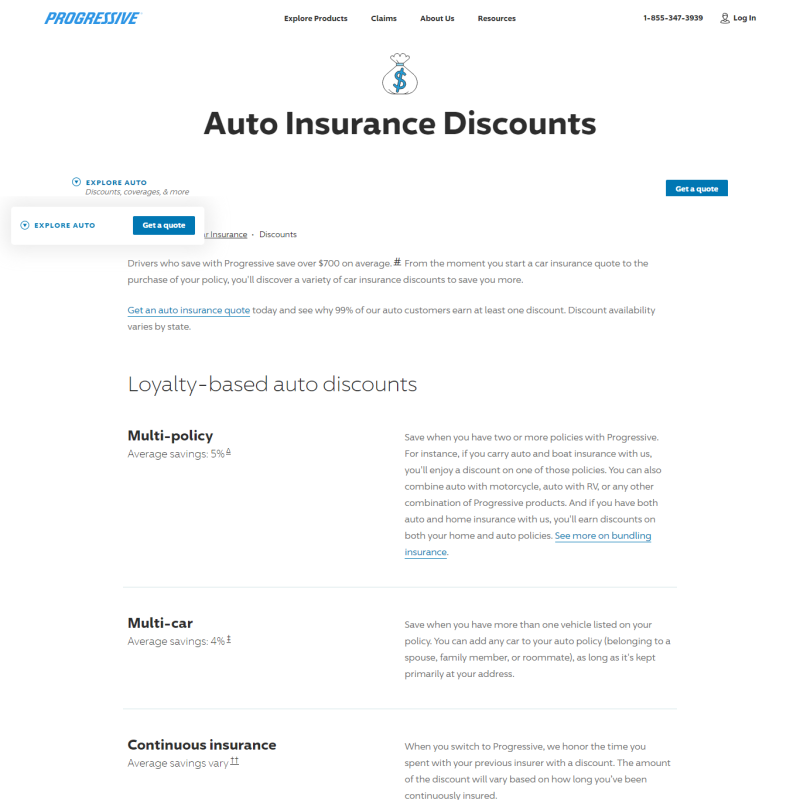
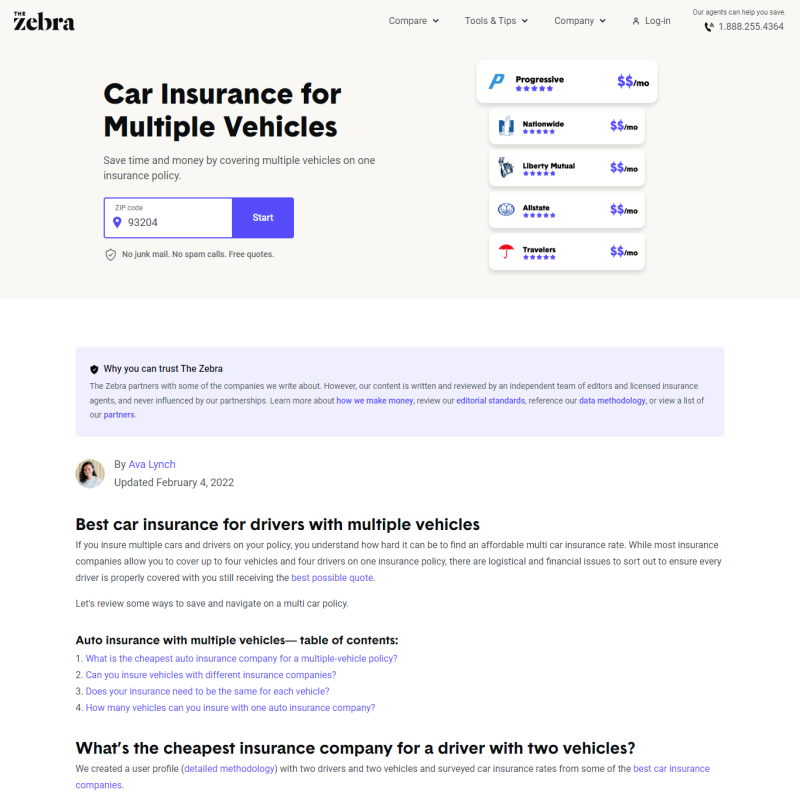
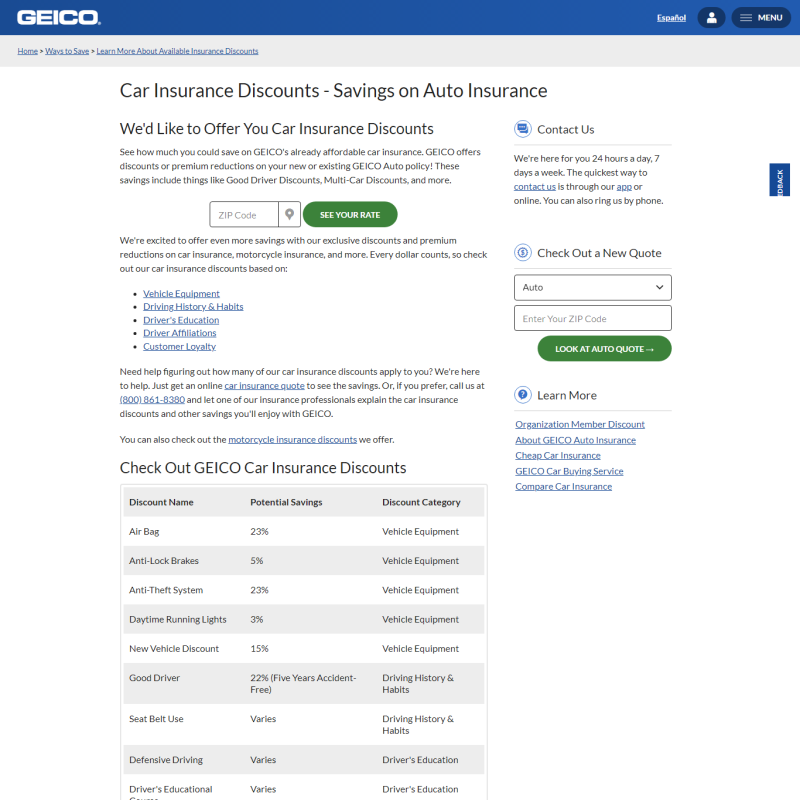
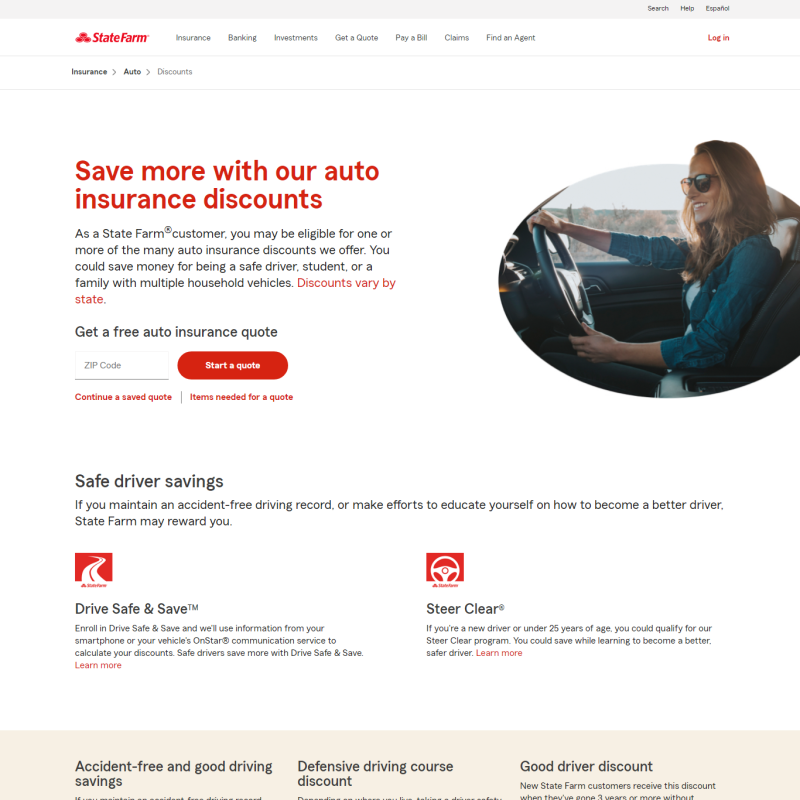
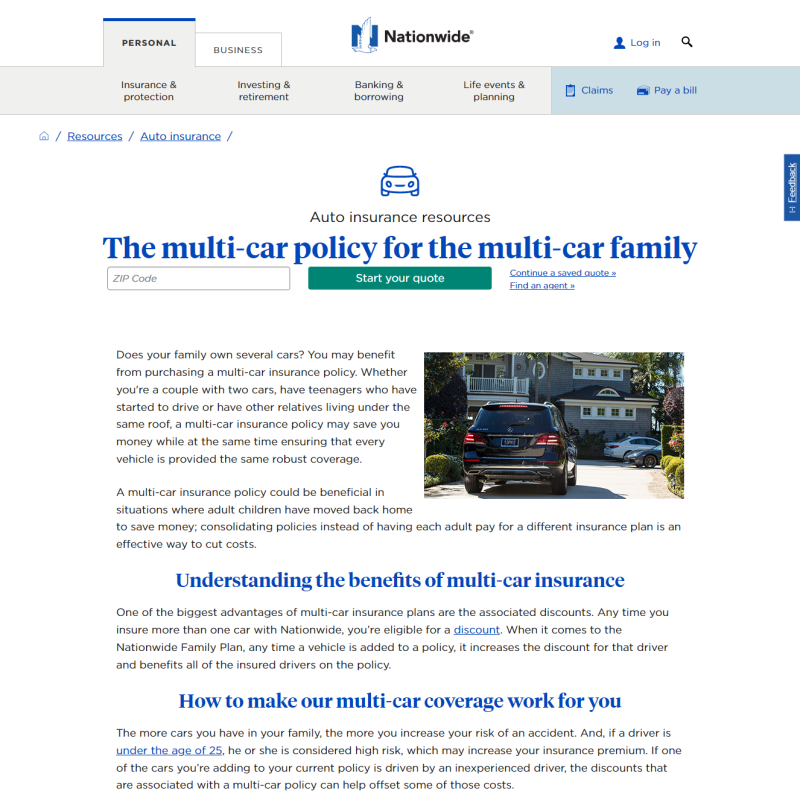


![Does Personal Car Insurance Cover Rental Cars?[Cheapest Options Listed]](/assets/images/f2074cd33086632849c2ee1dc052e3cb.png)
![Will Insurance Pay for Rental Car During Repairs?[You Must Know This]](/assets/images/2e80f9049def845cfdbfed4c6f53c013.png)